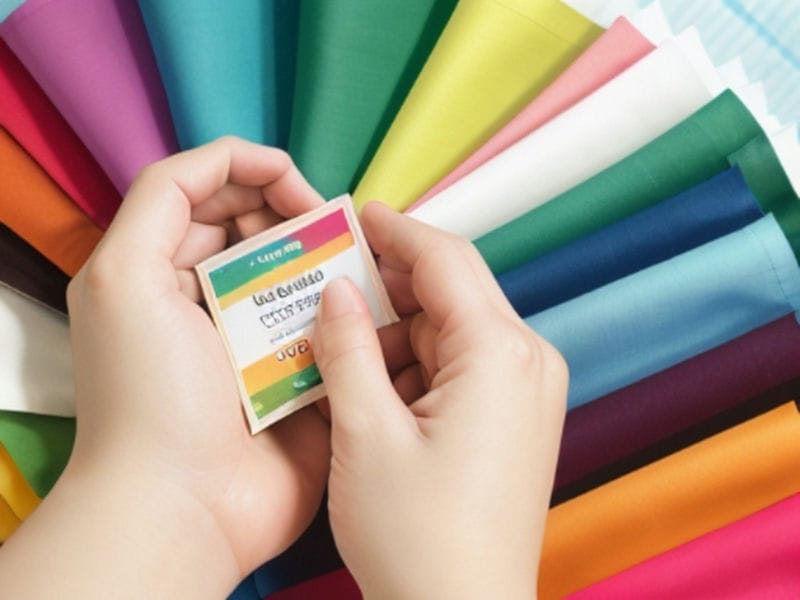
Explanation of what fair trade is and its principles
The Impact of Ethical Production on Global Fashion Markets
The global fashion market is constantly evolving, with trends and consumer preferences shifting at a rapid pace. In recent years, there has been a growing awareness and demand for ethical production practices within the industry. Linen is biodegradable and long-lasting The Importance of Fair Trade in Fashion Tencel. Minimalist wardrobes reduce excess Eco-Conscious Fashion Brand Repair and Mend. This shift towards sustainability and ethical sourcing is having a significant impact on the global fashion markets.
Consumers are becoming more conscious of the environmental and social implications of their purchasing decisions, leading to an increased interest in sustainable and ethically produced clothing. As a result, many fashion brands are taking steps to improve their supply chain transparency and reduce their environmental footprint.
The Impact of Ethical Production on Global Fashion Markets - empty Discover
- Cecilia Bodysuit
- Viscose Nylon
- Bodysuit
In response to these changing consumer preferences, major retailers and luxury brands are starting to incorporate more sustainable practices into their operations. This includes using eco-friendly materials, implementing fair labor standards, and investing in recycling programs.
Overall, the impact of ethical production on global fashion markets is clear consumers are demanding change, and brands are listening. As awareness continues to grow, we can expect to see even more innovation and collaboration within the industry to create a more sustainable future for fashion.











